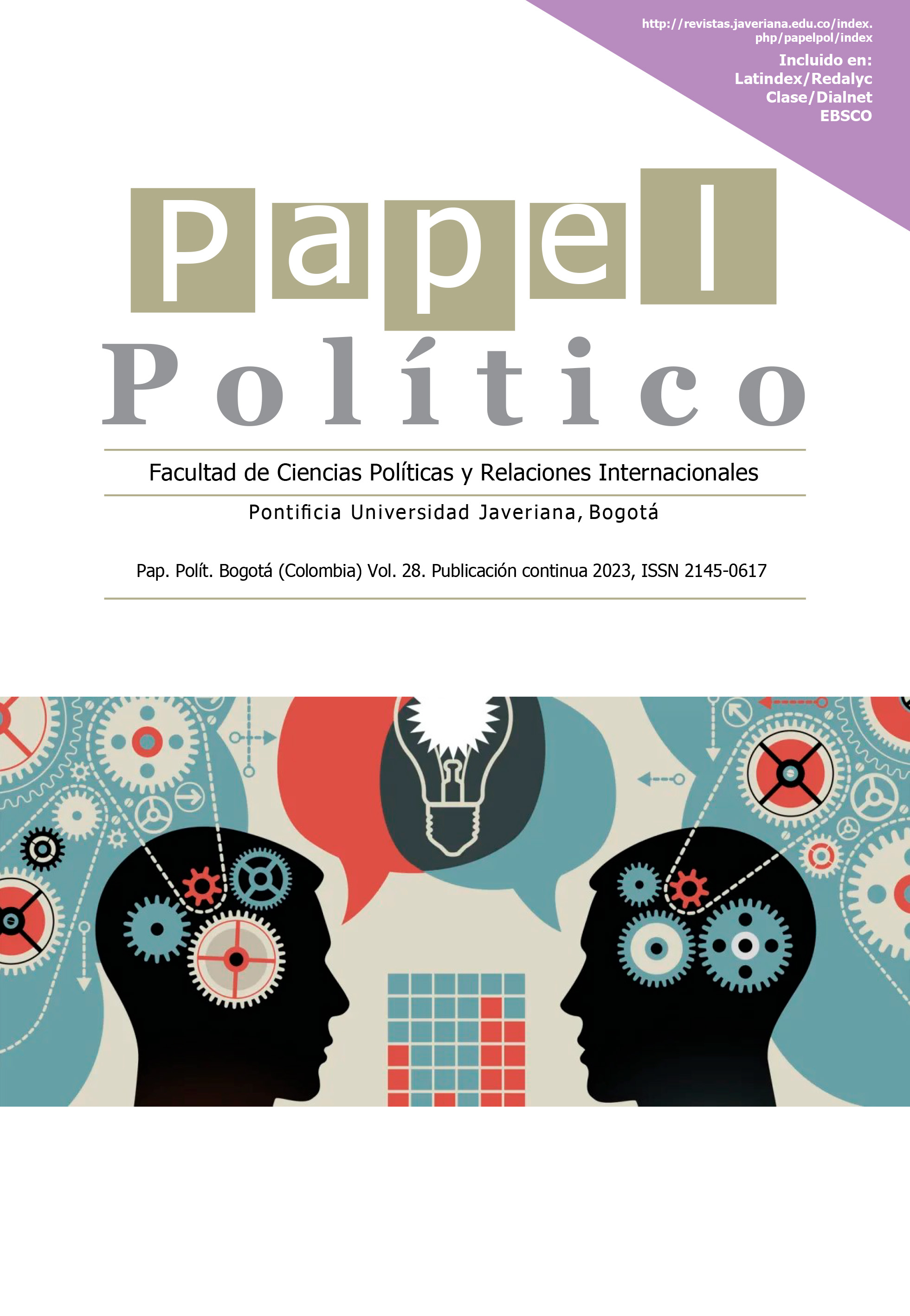Abstract
Los periodos de crisis recurrente develan fortalezas y grandes debilidades en las capacidades que tienen las instituciones para afrontarlas. Este artículo presenta los resultados de la investigación sobre la respuesta de las autoridades gubernamentales del departamento de Santander en Colombia a la crisis sanitaria originada por la pandemia del COVID-19, con el fin de mostrar los grados de articulación multinivel, la efectividad y formas de liderazgo gubernamental ante situaciones de contingencia.
El trabajo de campo recurrió a la metodología Sistema de Análisis de Capacidad Institucional (SADCI), para estudiar fenómenos disruptivos y para ello revisa la flexibilidad institucional multinivel, la capacidad de adaptación y de reinvención para responder a este tipo de situaciones que cuestionan los cimientos del estado y sus gobiernos, así como sus capacidades para responder oportuna y adecuadamente a las demandas ciudadanas.
Los resultados muestran que, en sistemas predominantemente presidenciales como el colombiano, el papel central de respuesta institucional se concentra en el jefe de Estado y su gabinete y así, el grado de respuesta a las crisis en el ámbito subnacional se relaciona con el nivel de autonomía de sus gobiernos, la innovación en medio de las dificultades y los tipos de liderazgos ejercidos.

Dieses Werk steht unter der Lizenz Creative Commons Namensnennung 4.0 International.
Copyright (c) 2023 Manuel Bayona Sarmiento


